Latest News
WHAT HAPPENED TO MUMBAI’S PUBLIC HEALTHCARE SYSTEM?
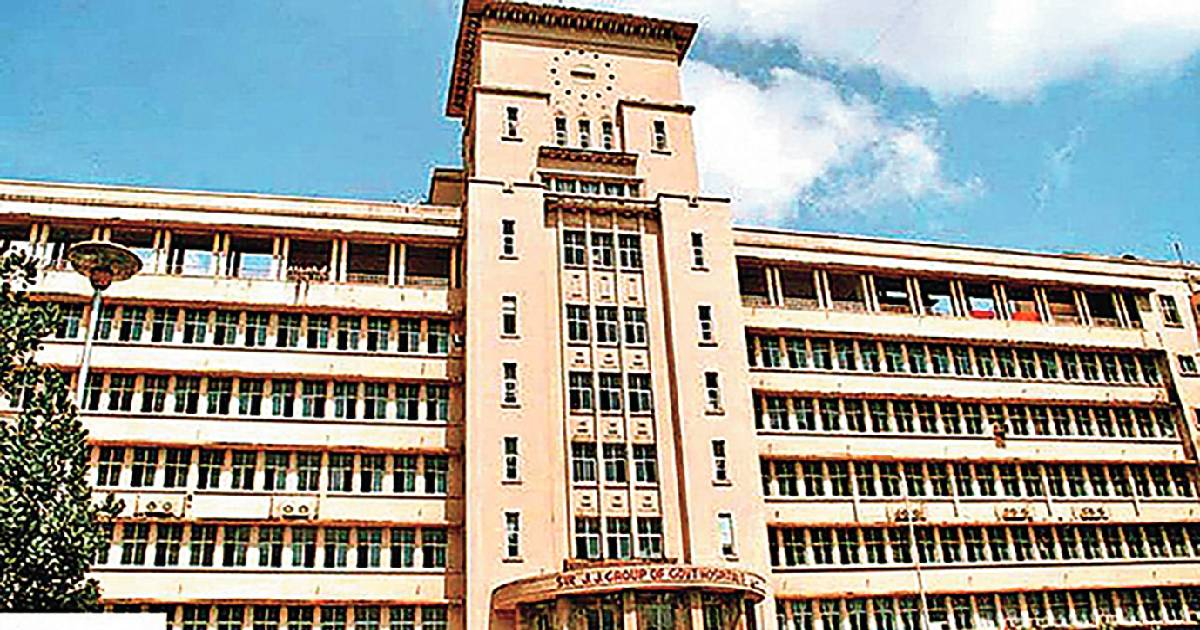
Mumbai: The Enforcement Department (ED) insists that the state-run Sir JJ Group of Hospitals (JJ) is well equipped to meet the medical requirements of MVA ministers Anil Deshmukh and Nawab Malik and wants the special court to reject their pleas for medical treatment in private hospitals.
The legal counsel for former Maharashtra home minister Deshmukh and minister for minorities and Wakf board Malik, of the Nationalist Congress Party (NCP), in turn, insist on their right to seek their choice of specialized medical intervention through a specialized medical facility and doctors, also of their own choice.
While the special PMLA court was yet to decide on the legality of the issue at the time of going to print, a larger question arises: Is the public health system administered by the Maharashtra government and its local self-body in Mumbai, the Brihanmumbai Municipal Corporation, up to scratch?
Consider this: Mumbai’s KEM has the distinction of being only the third super-speciality hospital in the world to carry out a heart transplant surgery (India’s first) way back in 1968. Similarly, the first (living donor) liver transplant was also another surgical feat carried out in the same year.
Another super speciality public hospital in Mumbai, the Sion Hospital, carried out the first (cadaver) kidney transplant in 1997. However, the following decades saw these pioneer multi-organ transplant (public) institutions losing their pre-eminence in the global medical order, with private hospitals taking over. Dr Surendra Kumar Mathur, President, Zonal Transplant Coordination Centre (ZTCC) set up by the Maharashtra government over two decades ago says, “We are at par with International standards in organ transplants and, in fact, India is a world leader in the sphere of living donor liver transplant procedures. On technicality and quality benchmarks we are at par with the western world today. India commands huge experience and has been a pioneer in living donor liver transplants. While South Korea and Japan were ahead at one stage today we boast of the best brains and (surgical) hands in India.”
However, the preference for private hospitals by the rich and famous is only too evident in India, Maharashtra and Mumbai, owing to a deliberate quality downgrade that accompanies administrative bureaucracy in several government-run institutions.
“The problem started when non-governmentrun hospitala entered into private treaties with their doctors, who wanted the liberty to charge over and above their prescribed tariff structures from VIP patients. The doctors earned more, the management trusts earned more, and patients started paying through their noses. The deterioration of public health institutions began from there,” a wellplaced doctor in a superspeciality private hospital in Mumbai told First India, asking not to be named for fear of professional blowback.

.png)
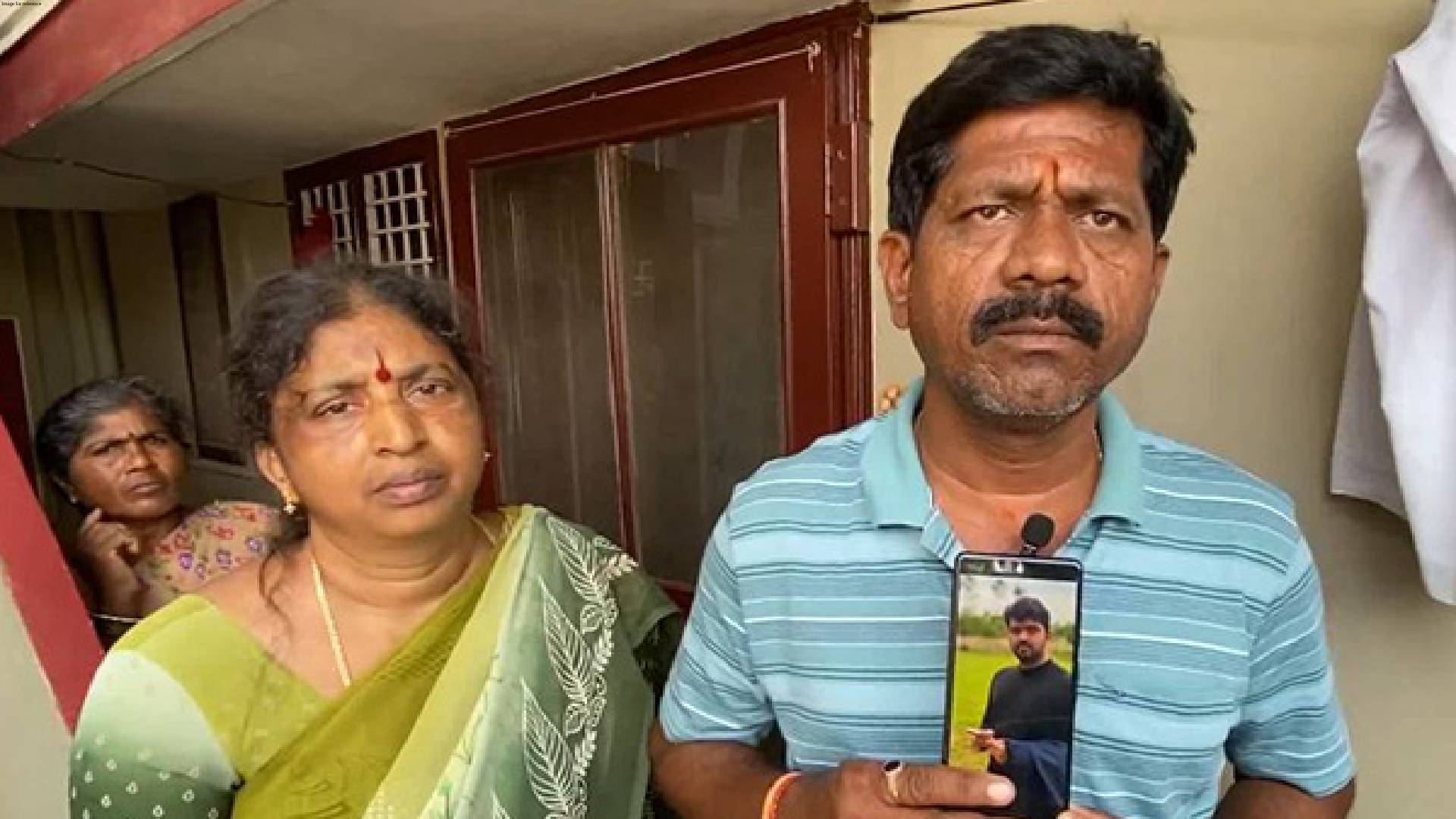
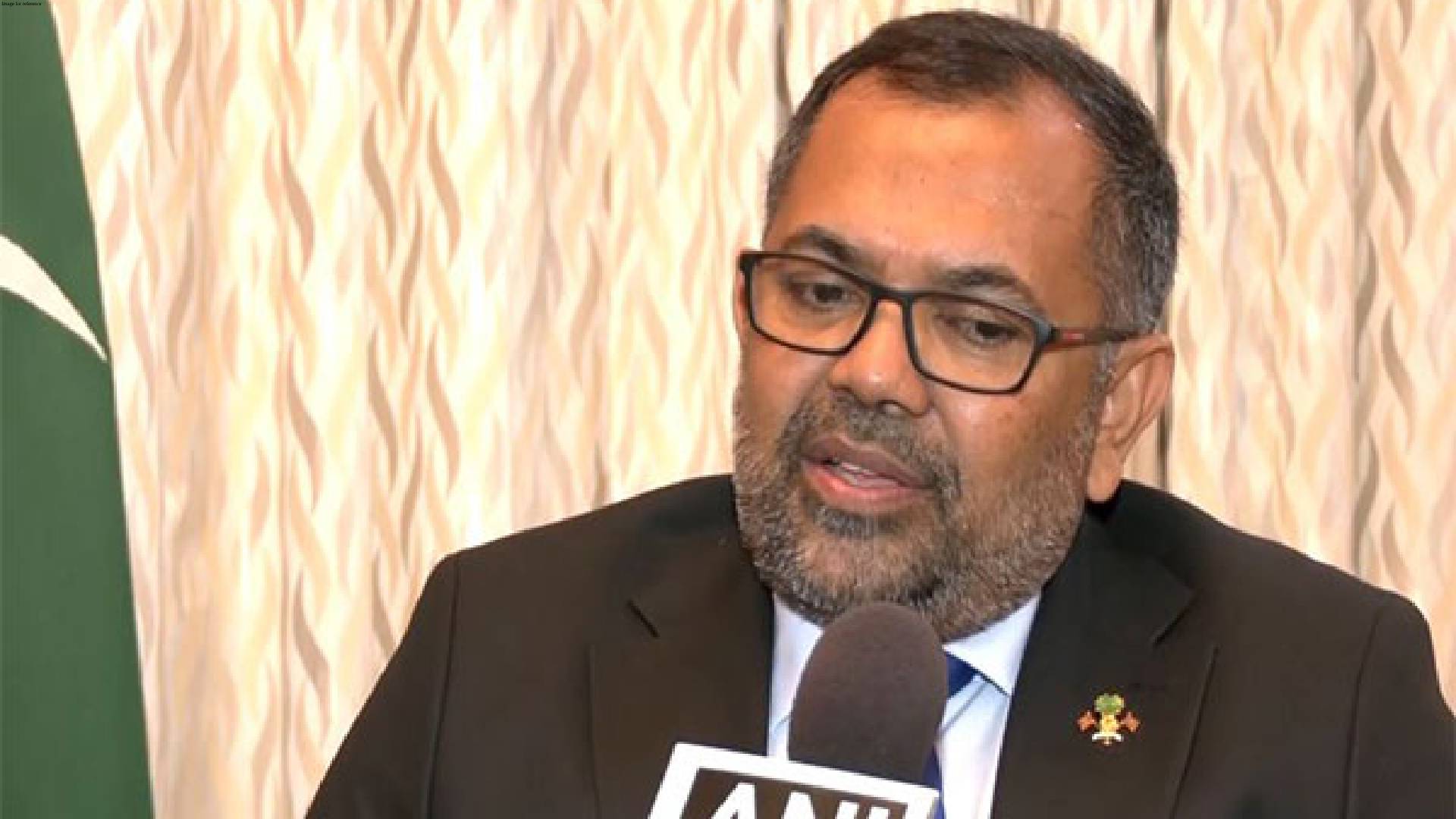
.png)
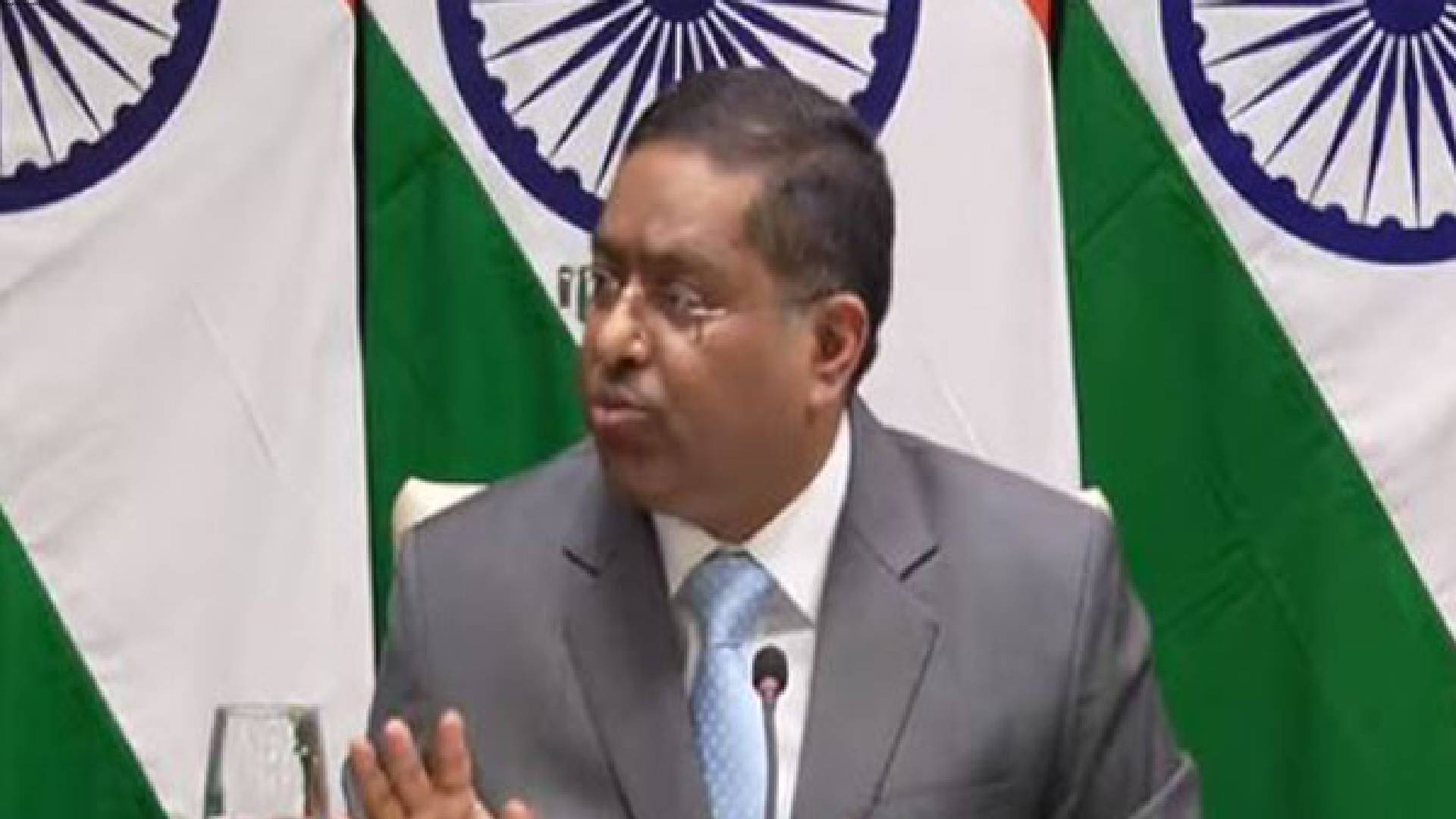
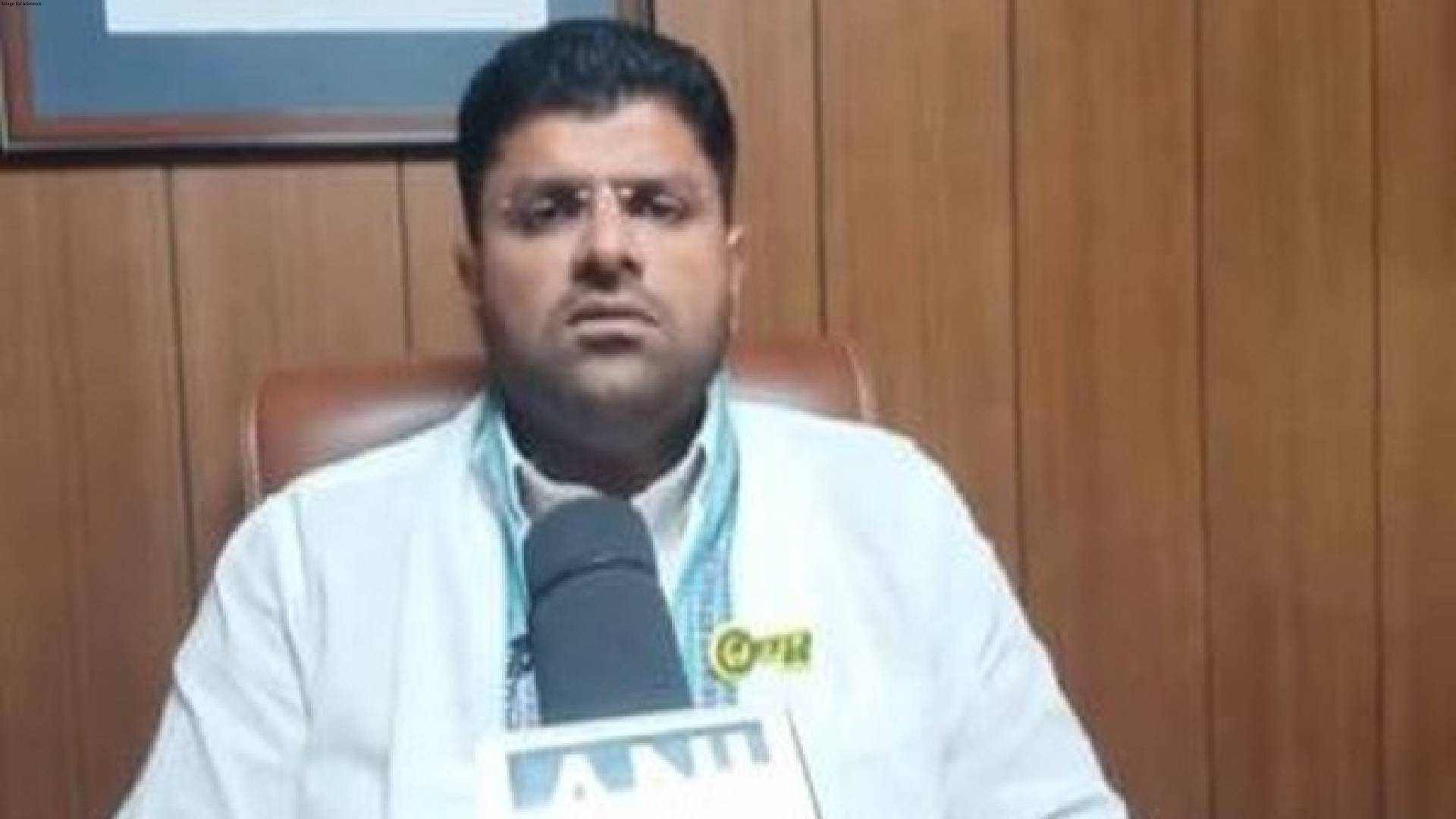
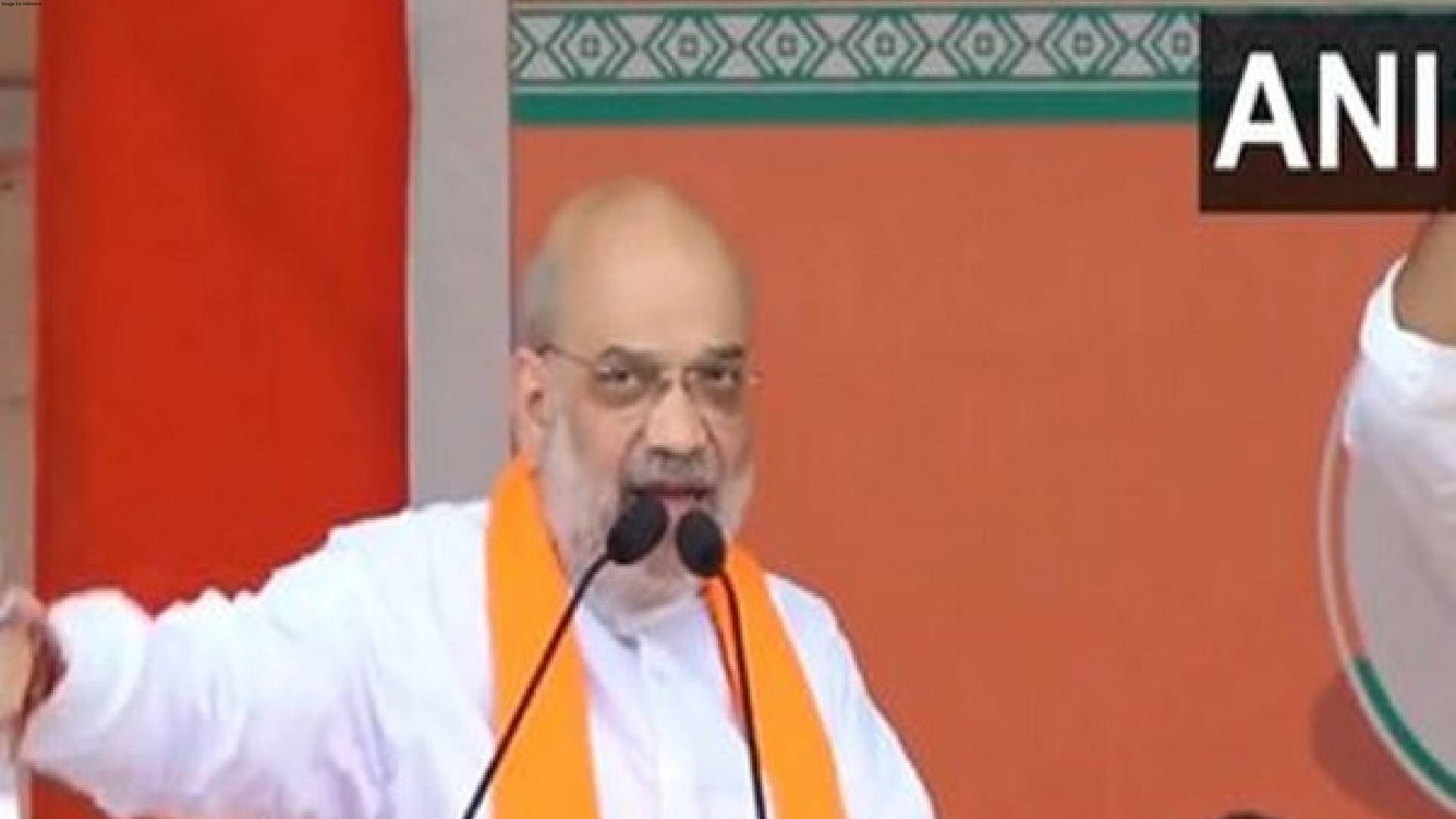
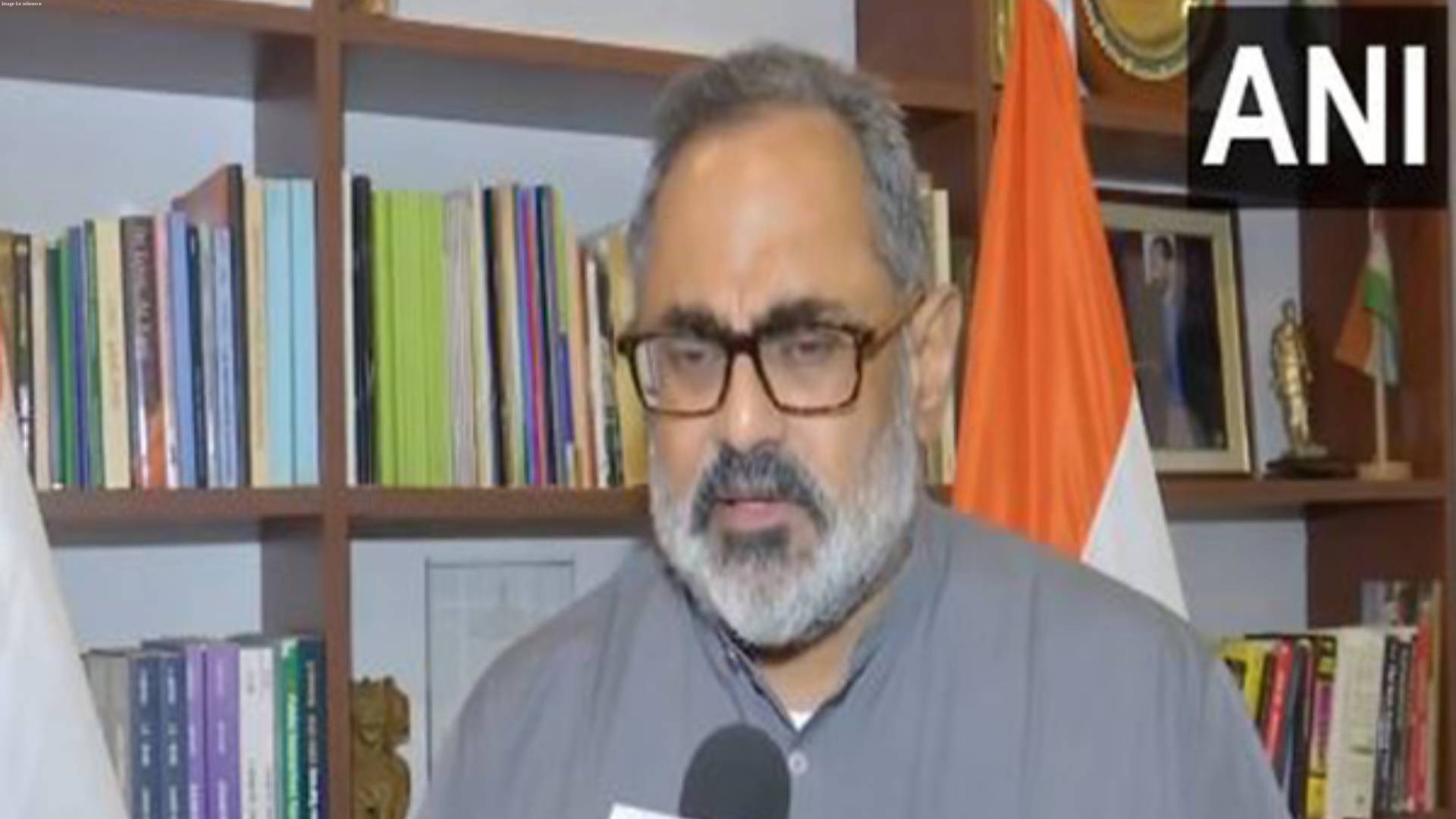



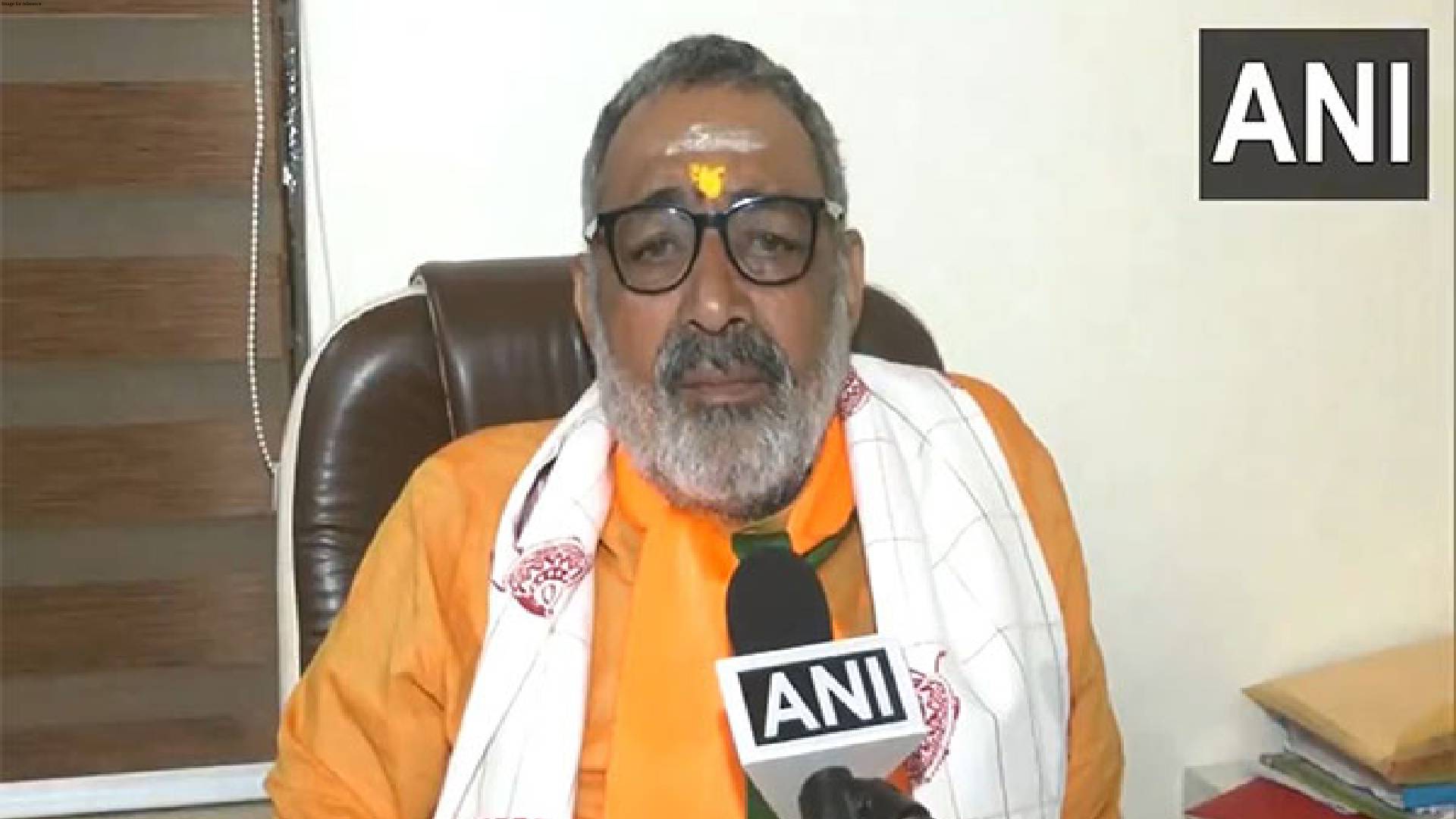

.png)


.png)



